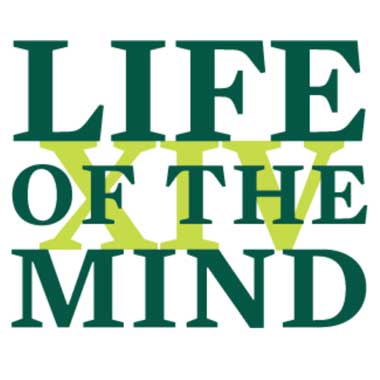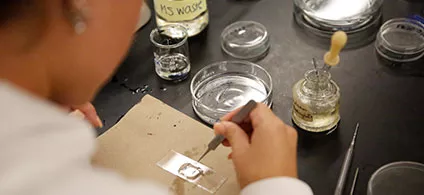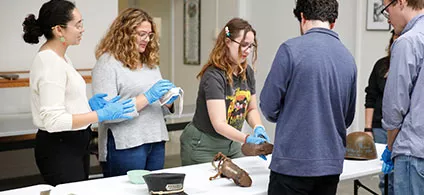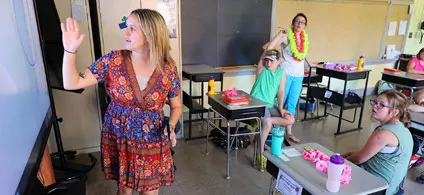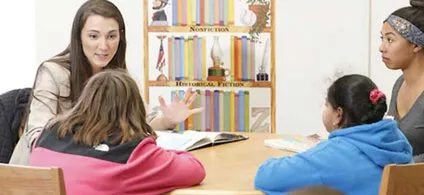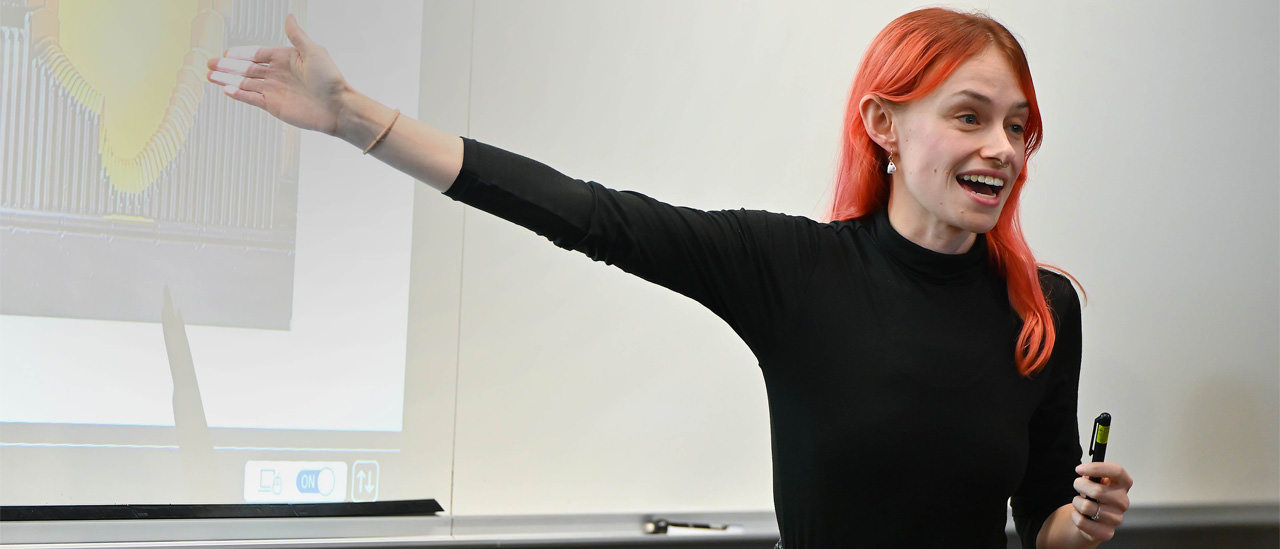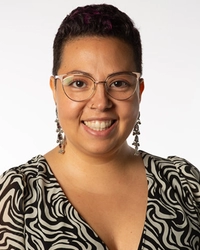M.S. Biology
M.S. Lake Management
M.S. Nutrition and Dietetics
M.A. Museum Studies
M.S.Ed. Technology Specialist
M.S.Ed. Literacy Education
M.S.Ed. School Counselor (K-12)
M.S.Ed. Special Education
M.S.T. Special Education
Advanced Certificate: Bilingual Ed
Certificate of Advanced Study (CAS)
schedule paragraph should show 8:00 to 8:20:
schedule paragraph should show 8-8:27
SUNY Oneonta 108 Ravine Parkway Oneonta, NY 13820 607-436-3500
Lorem ipsum dolor sit amet, consectetur adipiscing elit. Mauris molestie magna et tincidunt commodo. Morbi aliquet varius mauris, id pretium mi congue non. Aenean libero ipsum, malesuada quis lobortis in, varius quis mauris. Nulla dictum fermentum auctor.
Quarantine and isolation are important parts of the university’s COVID-19 mitigation strategy. While they are similar, important differences exist between the two.
Isolation prevents the spread of an infectious disease –like COVID-19– by separating and restricting the movement of sick people with a contagious disease from people who are not sick. It lasts until the patient meets a certain criterion to be considered healthy.
Quarantine separates and restricts the movement of people who were exposed to a contagious disease – like COVID-19 – to see if they become ill. Quarantines are typically used for individuals who are at high risk of exposure to COVID-19. In particular, individuals who have had close contact with someone confirmed or suspected to have COVID-19. Guidance calls for a 14-day quarantine for the coronavirus and regular monitoring of symptoms.
The Counseling Health and Wellness Center will advise campus community members of the need to quarantine or isolate if they are suspected of a COVID-19 infection. To monitor your symptoms, you will need the following:
- Thermometer
- Temperature and symptom log
Students living in on-campus residence halls who have tested positive, or are assumed positive for COVID-19, are required to relocate to a quarantine or isolation space on campus. Quarantine is a short-term living location for on-campus students and not a medical facility.
Stay in your room as much as possible. Try to avoid others in the building. Wear a face mask when in shared areas of the building. Disinfect high-touch surfaces like remote controls, keyboards, doorknobs, countertops and bathroom fixtures. The Student Health Center will provide more information about how to successfully comply with the isolation order or quarantine.
While in quarantine or isolation continue taking your classes remotely if your physically able. Your coursework should be available online or contact your professors for instructions. Communicate with friends and family using video chats, voice calls or text messages. If you have down time, catch up on your favorite shows on streaming platforms, read books or exercise in your room.
Students experiencing worsening symptoms while in isolation may be referred to the emergency department of Bassett Hospital for hospitalization consideration.
Students who are quarantined or isolated will be required to participate in medical monitoring by the Student Health Center in the form of phone calls or medical monitoring technology applications. This health monitoring includes nurse check-ins, symptom monitoring, patient education materials and other health case management procedures.
The Community Care Team will also support individuals who are quarantined and isolated through a case management model that includes regular check-ins and coordination of needed support services. Examples of these support services include coordination of food, supply or medication needs, telemedicine or tele-counseling, or referral for academic support.
Mental health care will be available to students from the Counseling Health and Wellness Center during isolation or quarantine. Tele-counseling and telepsychiatry visits with the Counseling Health and Wellness Center providers will be available for students who remain on campus. Students can make their appointments at 607-436-3368 or may access limited afterhours mental health services by a licensed counselor by calling the Mobile Crisis Assessment Team and their number is 844-732-6228.
Each person will experience the coronavirus differently. Individuals will be cleared from isolation or quarantine based on current best practices, such as a negative disease test result or improving symptoms, and the advice of health care providers and the Department of Health. A positive diagnostic test result will result in guidance to continue to isolate until considered recovered based on specific CDC and DOH guidelines.
Individuals who violate quarantine or isolation directives by moving around campus, attending class, or events will be subject to disciplinary action by university officials. In addition, individuals may be ordered to isolate or quarantine by state public health officials.
